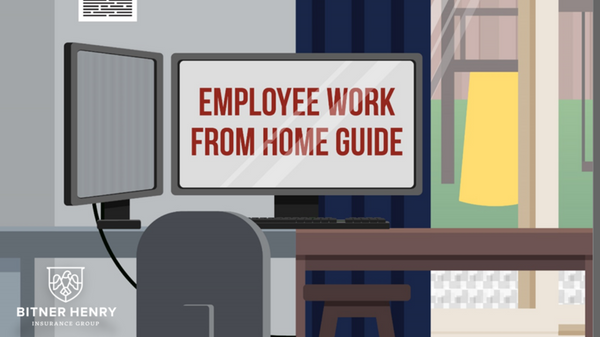
Why is it important to screen drivers?
In our experience with hiring people at Bitner Henry, the best predictor of future success is finding people with a history of success.
That principle holds true with driving.
If you hire people with a history of speeding, rolling through stop signs, or slamming on the brakes in their personal vehicles, they will do the same while driving your vehicles. They’re not going to be any more responsible with company property than they are with their own. The difference is that you are on the hook for their actions when they drive your company vehicle.
Hypothetical scenario
You are a human service organization. Your employee is driving three clients in a company vehicle. This employee slams on the brakes at a stop sign, and they get rear-ended.
Now you have three shaken-up clients whose families are considering hiring a lawyer. Your employee takes time off work to visit the doctor and files a worker’s comp claim, which will likely raise your premium next year. There’s also the damage to your vehicle and the time it will take to get it fixed to consider.
And to make matters worse, the person who rear-ended you doesn’t have enough insurance coverage to pay for all the lawsuits.
Luckily it was only a fender bender. Accidents that involve fatalities or permanent injuries in a vehicle get very expensive.
Here’s the point
Transporting people has the potential for tremendous damage. The best predictor you have for how an individual will drive your vehicle is how they have driven in the past. Make sure you’re taking a good hard look at their track record.
You can request a driving history report from your state’s Department of Motor Vehicles; typically, you’ll find the forms on their webpage. Regardless of who completes the form, your employee must authorize the request by signing a release form. Processing times for requests vary by state, but in most cases, it takes seven to 14 days to receive the employee’s driving record. Many third-party background-check companies will also complete this process for you.
If you’re looking for an additional layer of accountability, many insurance companies offer free GPS or Telematics units for company vehicles on your auto policy. These can help you understand how your employees drive while on the clock. You can read more about those here.
Further Reading

I Don’t Have Claims! Why Is My Rate Going Up?
Why do my rates go up when I don't have any claims? Insurance companies raise rates to cover the cost of their overhead and the increase in the...

Employee Work From Home Guide
In an age when more and more positions require duties to be carried out almost exclusively on computers, and where the internet can instantly...
